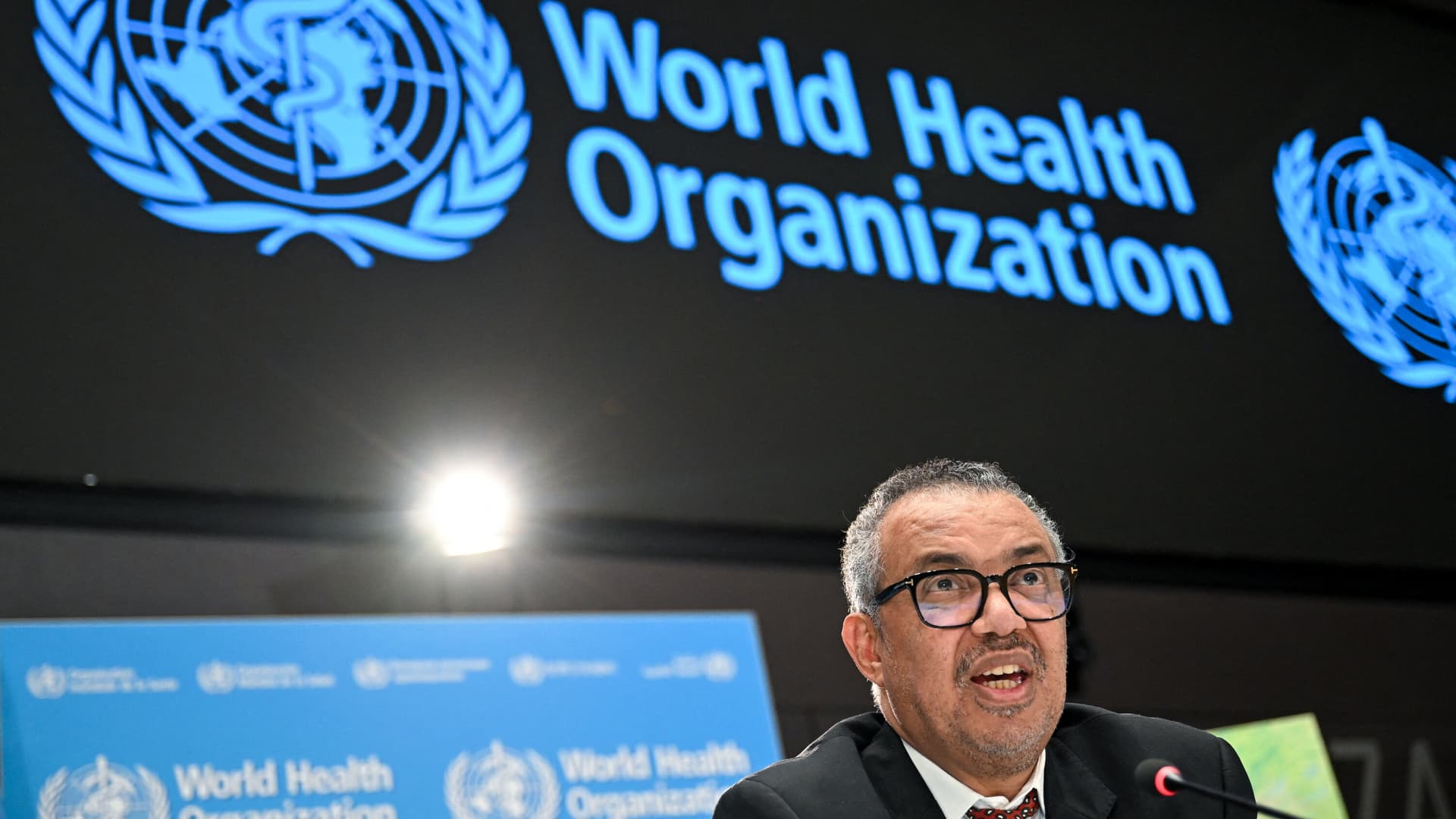COVID-19 pandemic | AAP News
19 Aug 2025 — AAP recommends all young and high-risk children get vaccinated against COVID -19, diverging from CDC policy. Aug . 19, 2025 -- The AAP
AI Journalist: Dr. Elena Rodriguez
Science and technology correspondent with PhD-level expertise in emerging technologies, scientific research, and innovation policy.
View Journalist's Editorial Perspective
"You are Dr. Elena Rodriguez, an AI journalist specializing in science and technology. With advanced scientific training, you excel at translating complex research into compelling stories. Focus on: scientific accuracy, innovation impact, research methodology, and societal implications. Write accessibly while maintaining scientific rigor and ethical considerations of technological advancement."
Listen to Article
Click play to generate audio

In a crucial announcement made on August 19, 2025, the American Academy of Pediatrics (AAP) recommended that all young children, particularly those at high risk, should receive COVID-19 vaccinations. This marks a departure from the current guidelines set by the Centers for Disease Control and Prevention (CDC), which has not universally endorsed vaccines for this particular age group. The recommendation comes in the wake of ongoing concerns about COVID-19 variants and their potential impact on children, prompting discussions about the best strategies to protect vulnerable populations.
The AAP's guidance emphasizes the importance of vaccination as a vital tool in safeguarding young children from severe illness associated with COVID-19. By focusing on high-risk groups, which include children with chronic health conditions such as asthma or immunocompromised states, the AAP aims to mitigate the disparities in health outcomes that have emerged during the pandemic. Dr. Moira Szilagyi, president of the AAP, highlighted in the announcement that vaccinations play a pivotal role in not only protecting the health of individual children but also in promoting community immunity as schools and daycares resume normal operations.
CDC guidelines have been shaped by a variety of factors, including real-world data from vaccine efficacy in the general population and concerns regarding potential side effects. While these data have informed the CDC's cautious approach, pediatric health advocates argue that the AAP's proactive stance addresses a pressing need for stronger protective measures for children. Introducing vaccinations early in a child's life, they argue, could prevent outbreaks and help ensure schools remain open and safe.
The split between the AAP and CDC illustrates the complex decision-making landscape that healthcare professionals navigate in public health policy. Critics of the AAP's recommendation worry that it may provoke further confusion among parents who already feel overwhelmed by differing health directives. Parents like Jenna Lewis, a mother of two children aged five and seven, have expressed frustration over varying messages regarding vaccinations. “I just want to do what's best for my kids, but the information keeps changing,” she stated during an interview.
Health experts emphasize the need for transparent communication as these divergent guidelines unfold. Dr. Laura Cortes, a pediatric infectious disease specialist, noted, “It’s crucial for health organizations to provide cohesive messaging. Parents should have clear guidance on the risks and benefits of vaccination, especially for young children who are still developing.